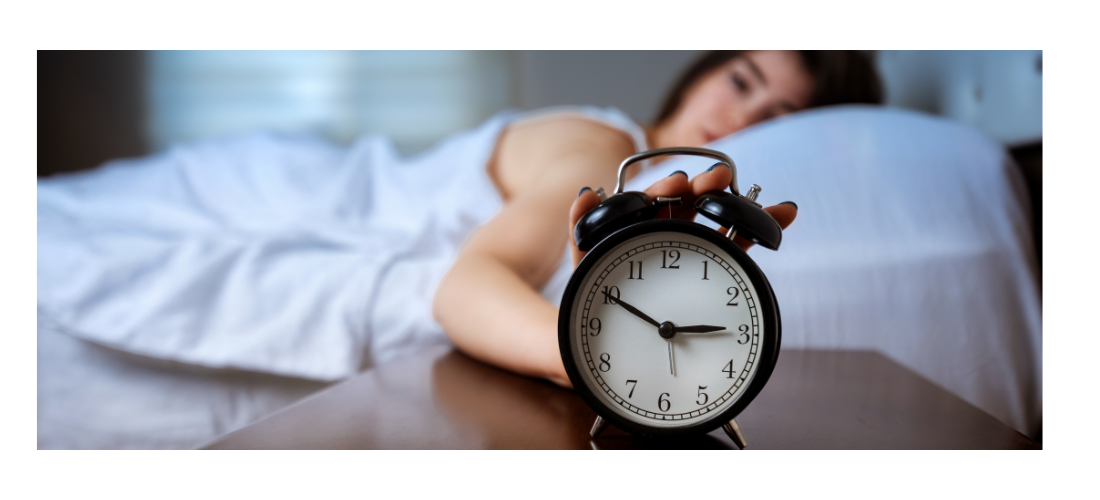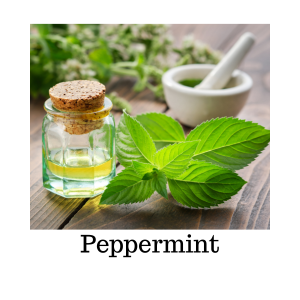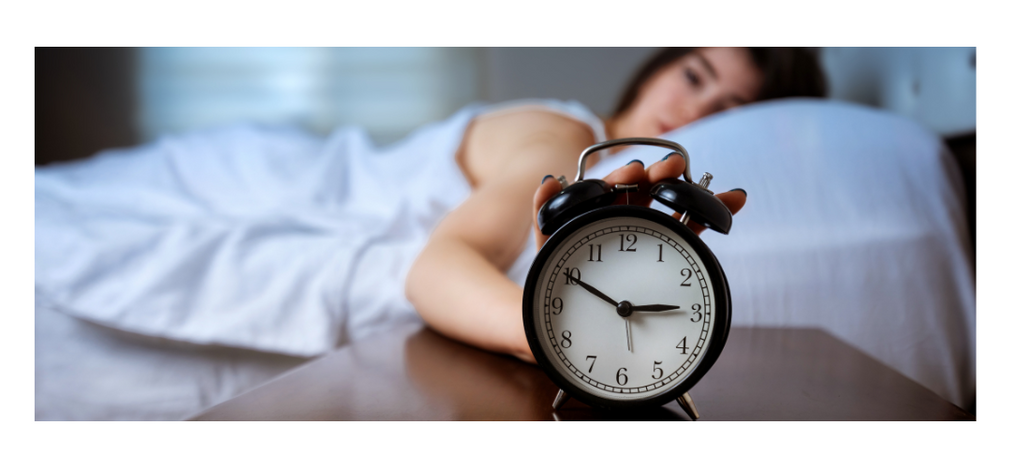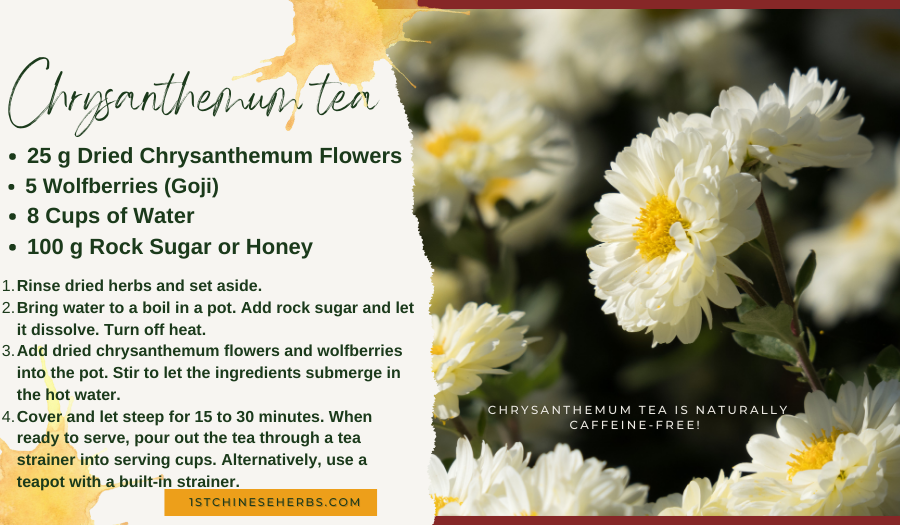Dreamland Awaits: Exploring the Top 5 Chinese Herbal Teas for Better Sleep
Apr 8th 2025
Herbal Teas For A Better Sleep
In today’s fast-paced world, quality sleep is more than a luxury—it’s essential to your well-being. If you’re tossing and turning, waking up groggy, or struggling with anxiety at bedtime, it may be time to discover what thousands have known for centuries: herbal teas can naturally support deeper, more restful sleep.

Backed by the time-tested wisdom of Traditional Chinese Medicine (TCM), herbal teas like jujube seed, chrysanthemum, and lavender don’t just help you fall asleep—they bring your body back into balance. This guide will explore the best herbal teas for sleep, TCM insights, brewing tips, safety info, and what you might not be finding online when searching for natural sleep aids.
Why Choose Herbal Tea for Sleep?
✅ Natural, Non-Addictive Sleep Support
Unlike over-the-counter sleep medications that can leave you groggy or dependent, herbal teas work gently with your body to calm the mind and nourish your system without synthetic ingredients.
✅ Easy to Prepare, Soothing to Experience
The act of brewing tea becomes a ritual—encouraging your body to unwind while giving your mind a chance to settle down naturally.
✅ Variety of Flavors and Functions
From floral to minty, herbal teas offer a wide range of flavors and therapeutic benefits that make it easy to customize your evening routine.
Understanding Sleep Through the Lens of Traditional Chinese Medicine
In TCM, sleep disturbances are not isolated issues—they're signs of imbalance in your body's internal energy (Qi), Blood, and organ systems.
Core TCM Concepts for Sleep:
-
Yin and Yang: Rest comes from nourishing Yin energy, while excess Yang may cause racing thoughts and insomnia.
-
Qi and Blood Flow: Blocked Qi or deficient Blood can lead to restlessness and difficulty staying asleep.
-
Organ Systems:
-
Heart governs the mind (Shen) and emotions.
-
Liver manages stress and the smooth flow of Qi.
-
Spleen supports digestion, which when disrupted, can impact sleep.
-
Top 5 Chinese Herbal Teas to Improve Sleep
1. Jujube Seed Tea (Suan Zao Ren Cha)
Benefits: Calms the Heart, nourishes the Blood, reduces anxiety, and improves sleep quality.
TCM View: Ideal for Heart Yin deficiency or Shen disturbance.
Best for those who feel anxious, wake often, or have difficulty falling asleep.
2. Chrysanthemum Tea (Ju Hua Cha)
Benefits: Cools the body, relieves heat-related headaches, soothes the Liver, supports vision and relaxation.
TCM View: Clears Liver heat, calms the mind.
Best for people who feel overheated, irritable, or have eye strain.
3. Lavender Tea (Xun Yi Cao Cha)
Benefits: Promotes relaxation, relieves tension, and supports restful sleep.
TCM View: Calms the Shen, disperses stagnant Qi.
Best for stress-related insomnia and tension in the body.
4. Chamomile Tea (Yang Gan Ju Hua Cha)
Benefits: Mild sedative, eases digestion, calms nerves.
TCM View: Harmonizes the Stomach and calms the Shen.
Best for digestive discomfort, tension, and mild anxiety at night.
5. Peppermint Tea (Bo He Cha)
Benefits: Refreshing yet relaxing, aids digestion, reduces bloating.
TCM View: Soothes Liver Qi, clears head and sinuses.
Best for those who eat late, feel bloated, or have tension headaches.
Brewing & Preparation Tips for Maximum Benefits
| Tea Type | Ideal Steeping Time | Water Temp | When to Drink |
|---|---|---|---|
| Jujube Seed | 10–15 minutes | 200°F / 93°C | 30–60 min before bed |
| Chrysanthemum | 5–7 minutes | 190°F / 88°C | Early evening |
| Lavender | 5–10 minutes | 185°F / 85°C | Evening, or when stressed |
| Chamomile | 5–10 minutes | 190°F / 88°C | 1 hour before bed |
| Peppermint | 5–7 minutes | 200°F / 93°C | After dinner |
Sleep Tea Chart: Brewing Times, TCM Properties & Pairing Suggestions
A Handy Guide to Help You Choose, Brew & Pair the Best Herbal Teas for Restful Sleep - Printable
| Herbal Tea | Brewing Time & Temp | TCM Properties | Best Paired With |
|---|---|---|---|
| Jujube Seed (Suan Zao Ren) | 10–15 mins @ 200°F (93°C) | Calms the Heart, nourishes Liver Blood, anchors the Shen | Chamomile, Goji Berries |
| Chrysanthemum (Ju Hua) | 5–7 mins @ 190°F (88°C) | Cools Liver heat, clears eyes, calms mild irritability | Licorice Root, Cassia Seeds |
| Lavender | 5–10 mins @ 185°F (85°C) | Calms the Shen, regulates Qi, reduces anxiety and restlessness | Lemon Balm, Passionflower |
| Chamomile | 5–10 mins @ 190°F (88°C) | Mild sedative, relaxes muscles, harmonizes digestion | Jujube Seed, Fennel |
| Peppermint | 5–7 mins @ 200°F (93°C) | Soothes Liver Qi, aids digestion, clears the mind | Ginger, Lavender |
How to Use This Chart:
-
Choose a tea based on your symptom (anxiety, heat, restlessness, indigestion).
-
Use recommended steeping time and temperature for maximum benefit.
-
Try pairing herbs for enhanced effects and taste balance.
-
Enjoy 30–60 minutes before bed in a quiet, relaxed setting.
What Our Customers Say About Herbal Sleep Teas
“After using the jujube tea for just 3 nights, I was sleeping through the night without waking. I’m hooked!” – Amanda L., Verified Buyer
Safety and Precautions
-
Consult your healthcare provider if pregnant, nursing, or on medications.
-
Allergy alert: Chamomile may affect those allergic to ragweed/daisies.
-
Excess consumption of lavender or jujube may cause digestive discomfort in sensitive individuals.
Final Tips to Create a Sleep-Enhancing Tea Ritual
-
Create a calming nighttime environment: Dim the lights, and let your tea be your signal to unwind.
-
Be consistent: Drinking herbal tea every night at the same time helps set your internal clock.
-
Pair with other calming practices: Try light stretching, journaling, or breathing exercises while sipping your tea.
Ready to Start Sleeping Better?
Explore our selection of high-quality, wildcrafted Chinese sleep teas and find the right blend for your unique constitution.
Shop Herbal Teas for Sleep Now
Detailed Article: Insomnia How To Get A Full Nights Sleep
References
Chamomile Tea:
-
Improvement in Sleep Quality: A randomized controlled trial involving postpartum women with poor sleep quality found that those who consumed chamomile tea experienced significant enhancements in physical-symptoms-related sleep inefficiency and reduced symptoms of depression compared to a control group. PubMed+4PubMed+4PubMed+4
-
Sleep Benefits in the Elderly: Another study focusing on elderly individuals demonstrated that chamomile extract significantly improved sleep quality, suggesting its potential as a safe intervention for promoting better sleep among older adults. PubMed
Lavender Tea:
-
Reduction in Fatigue and Depression: Research conducted in Taiwan evaluated the effects of lavender tea on postpartum women with sleep disturbances. The findings indicated that participants who consumed lavender tea reported less fatigue and depression, as well as improved bonding with their infants, compared to the control group. PubMed+2PubMed+2PubMed+2
-
Anxiety and Depression Alleviation: A study assessing the impact of lavender herbal tea on elderly individuals revealed that its consumption led to reductions in depression and anxiety scores, highlighting its potential as a complementary treatment for these conditions. PubMed
Peppermint Tea:
-
Paradoxical Effects on Sleep and Alertness: While peppermint is known for its therapeutic benefits, including potential improvements in sleep quality for patients with fatigue and anxiety, it has also been associated with increased alertness under certain conditions. This suggests that its effects may vary depending on individual circumstances and the context of use. PubMed
General Considerations:
It's important to note that while these studies provide insights into the potential benefits of herbal teas for sleep and related conditions, individual responses may vary. Additionally, some studies have highlighted the need for further research to conclusively establish the efficacy of herbal medicines for insomnia. PubMed
When considering the use of herbal teas for sleep improvement, it's advisable to consult with a healthcare professional, especially for individuals with existing health conditions or those taking other medications, to ensure safety and appropriateness.



